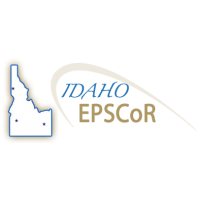Community engagement with transformational change
Grassland 2.0 Learning Hubs are place-based conversations supporting communication and co-learning among an array of community partners in Wisconsin, Minnesota, and Illinois. We are developing an Agroecological Transformation Plan (ATP) for...

